14 Vintage Parenting Styles That Are Making a Comeback
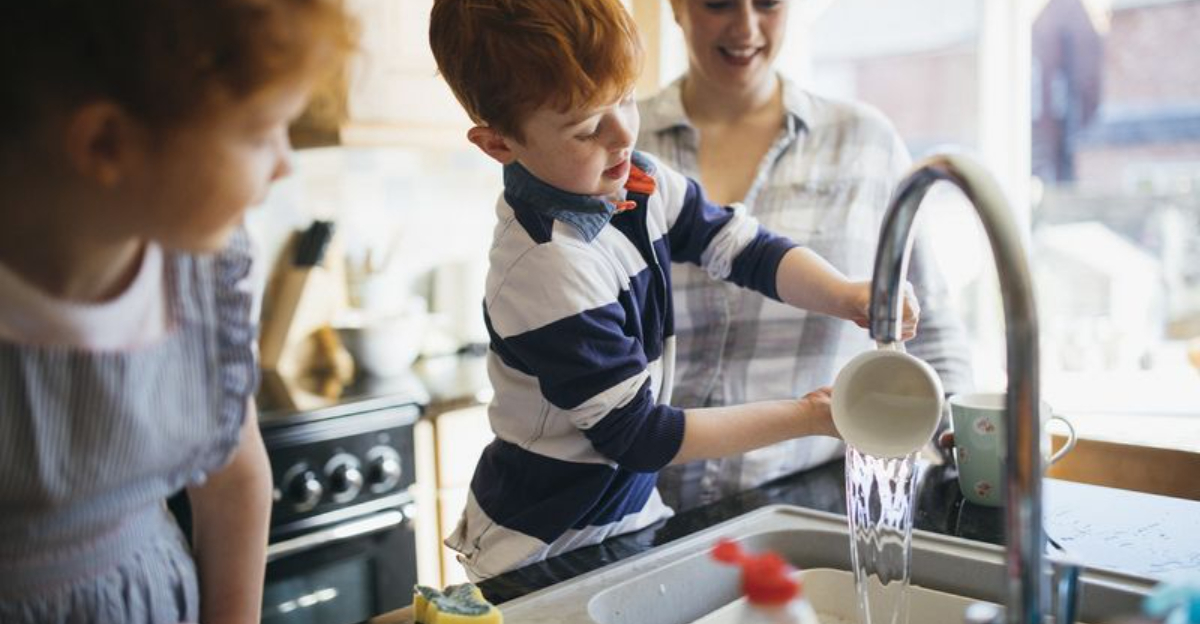
Parenting trends come and go, but some old-school methods are proving that Grandma and Grandpa just might have had it right all along. While modern parenting is full of gadgets, parenting books, and gentle guidance, many families are turning back to simpler, no-nonsense approaches from the past.
From letting kids roam free to enforcing strict dinner table manners, these vintage parenting styles are making a comeback—and honestly, some of them might just be better than ever.
1. Letting Kids Play Outside Unsupervised
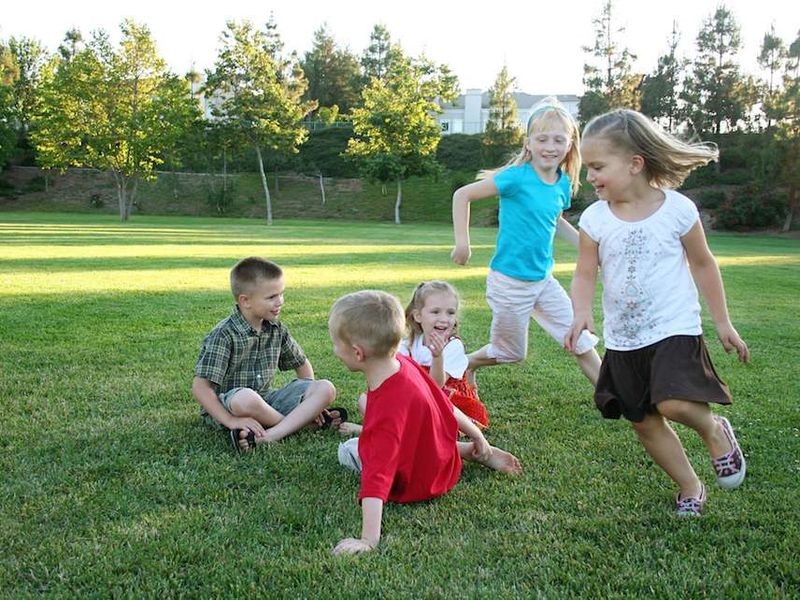
Once upon a time, kids were booted out the door at sunrise and expected back by dinner—no GPS trackers, no check-ins, just pure independence. Today, with screen time at an all-time high, parents are starting to embrace more free-range childhoods.
Encouraging outdoor adventures and independent exploration is becoming popular. Sure, modern safety concerns exist, but many believe that a little unsupervised play helps kids develop confidence and resilience.
2. Teaching Kids to Do Chores Early
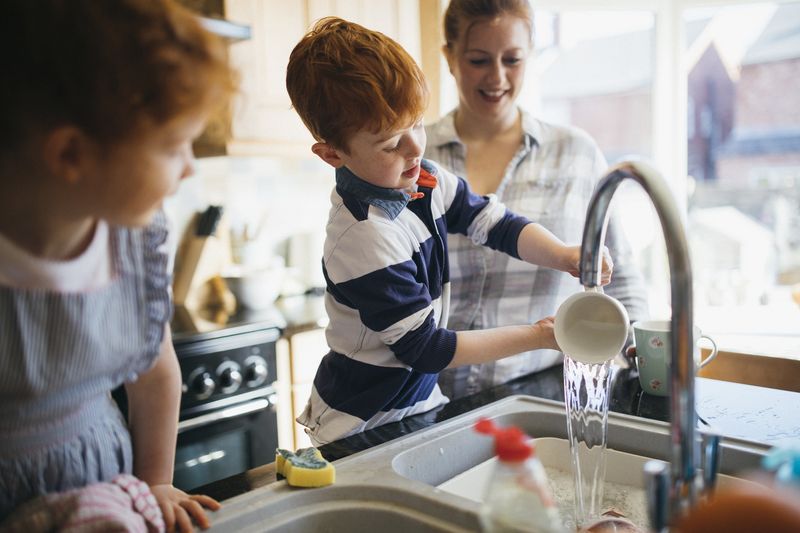
In past generations, kids weren’t just part of the family—they were part of the workforce. Whether it was washing dishes or mowing the lawn, chores were expected, not optional. Now, as more parents push back against entitlement culture, they’re bringing back the idea that responsibility starts young.
Let’s be honest, a 10-year-old should know how to load a dishwasher, and helping around the house fosters responsibility.
3. The “Eat What’s on Your Plate” Rule
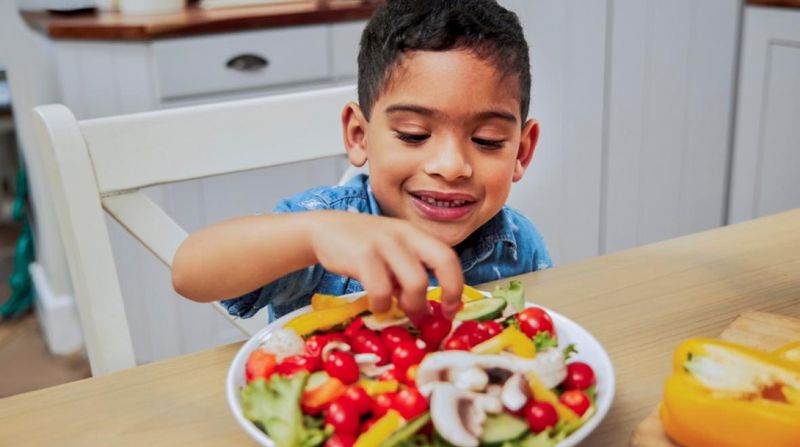
There was no separate kids’ menu at home in the ’50s, ’60s, and ’70s—dinner was whatever Mom or Dad made, and picky eating wasn’t an option. Fast-forward to today, and many parents are ditching short-order cooking in favor of teaching kids to eat a variety of foods.
It turns out, parents back then had a point—a kid won’t starve just because there’s a vegetable on their plate.
4. Limited Screen Time—Because There Were No Screens
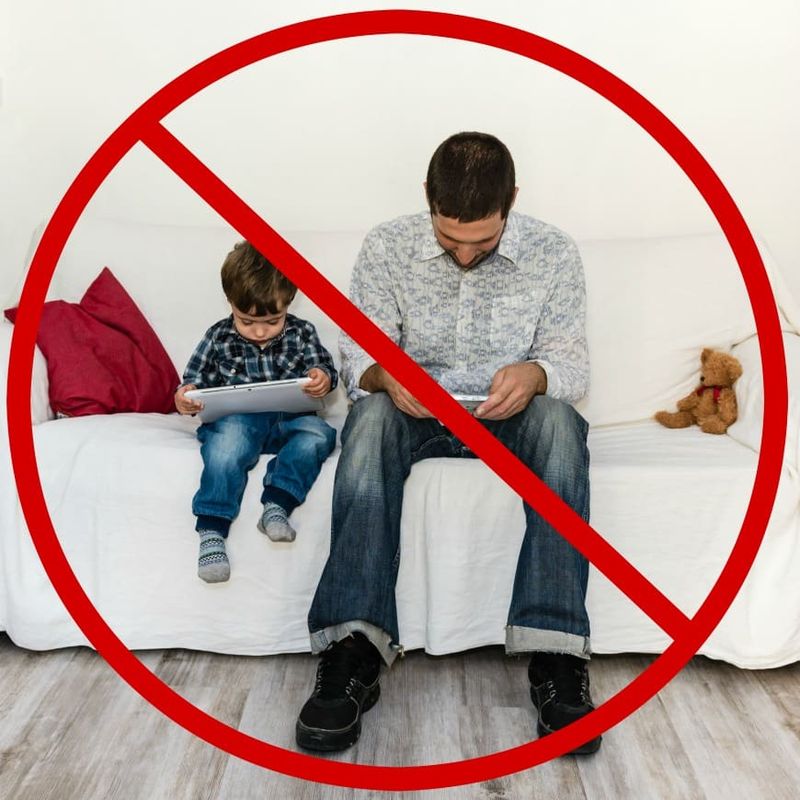
Before smartphones and tablets, screen time was limited by default—you had one TV in the house, and if Dad wanted to watch the news, that was the end of it. Now, many parents are realizing that too much screen time leads to restlessness and social struggles.
They’re bringing back tech-free family time, outdoor play, and even good old-fashioned boredom to encourage creativity and family bonding.
5. Letting Kids Walk or Bike to School

Remember when kids used to ride their bikes miles to school without a second thought? Modern parents have been hesitant to embrace this level of independence, but many are starting to reconsider.
As concerns about overprotective parenting and lack of exercise rise, more families are choosing to let kids travel to school the old-fashioned way—on their own two feet (or wheels), fostering independence and fitness.
6. Saying “No” Without Feeling Guilty

Back in the day, parents didn’t hesitate to put their foot down—no negotiations, no endless reasoning, just a firm “Because I said so.” While modern parenting has leaned toward explaining every rule, many are rediscovering that sometimes, a simple “no” is all that’s needed.
Kids don’t need an essay on why they can’t have candy before dinner—they just need clear boundaries and a firm stance.
7. Hand-Me-Down Clothes Instead of Fast Fashion

Before shopping hauls and seasonal wardrobes, hand-me-downs were the norm. Clothes were passed from sibling to sibling, and no one thought twice about it. With today’s focus on sustainability and avoiding waste, parents are bringing this tradition back.
Toddlers grow too fast to justify brand-new outfits every few months, making hand-me-downs a practical, eco-friendly choice that teaches kids about resourcefulness.
8. Unstructured Play Without a Schedule

These days, kids’ schedules are packed with structured activities, classes, and playdates—but back then, playtime was whatever you made of it. Parents today are starting to realize that too much structure can stifle creativity, and they’re making space for spontaneous, unscheduled fun.
Whether that means climbing trees, building forts, or just running around the neighborhood, unstructured play promotes imagination and joy.
9. Expecting Kids to Entertain Themselves

Boredom used to be a kid’s problem to solve, not a parent’s problem to fix. If you complained about having nothing to do, the answer was simple: “Go play.” Now, parents are realizing that constantly entertaining kids isn’t doing them any favors.
Encouraging them to use their imagination, figure things out, and maybe even read a book once in a while can foster independence and creative thinking.
10. Teaching Kids Basic Life Skills Early
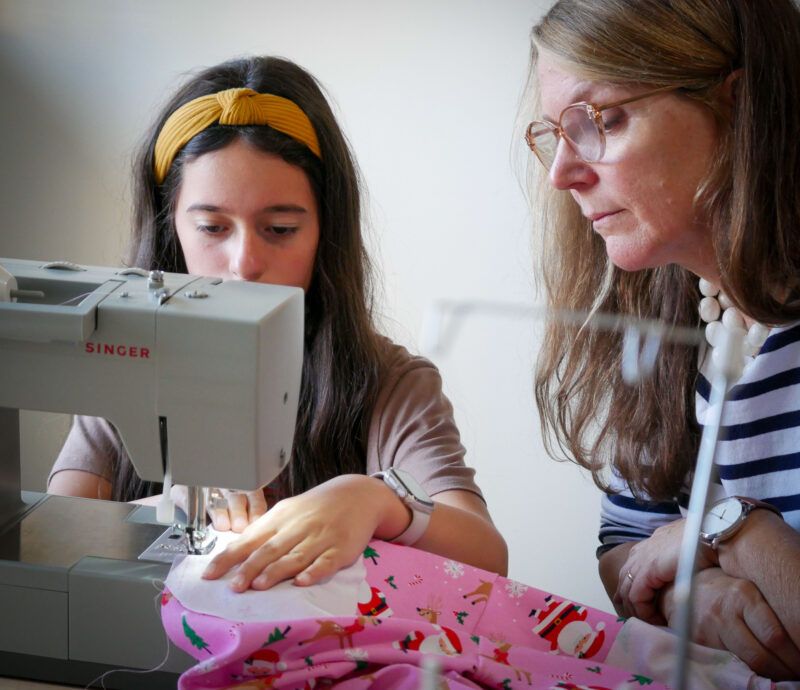
Once upon a time, teens knew how to cook a meal, sew on a button, and change a tire before they even left for college. Today, many young adults struggle with basic life skills, and parents are starting to reintroduce old-school home economics lessons.
It’s essential that kids know these basics, as it empowers them to handle everyday challenges and promotes self-sufficiency.
11. Saying “Go Ask Your Father/Mother”

Decades ago, if kids tried to play one parent against the other, they’d get the classic “Go ask your mother” or “Go ask your father.” Parents today are reviving this strategy, realizing that unified parenting keeps kids from manipulating situations to get their way.
It teaches children that parents are a team and emphasizes the importance of consistent messaging in the household.
12. Letting Kids Solve Their Own Problems
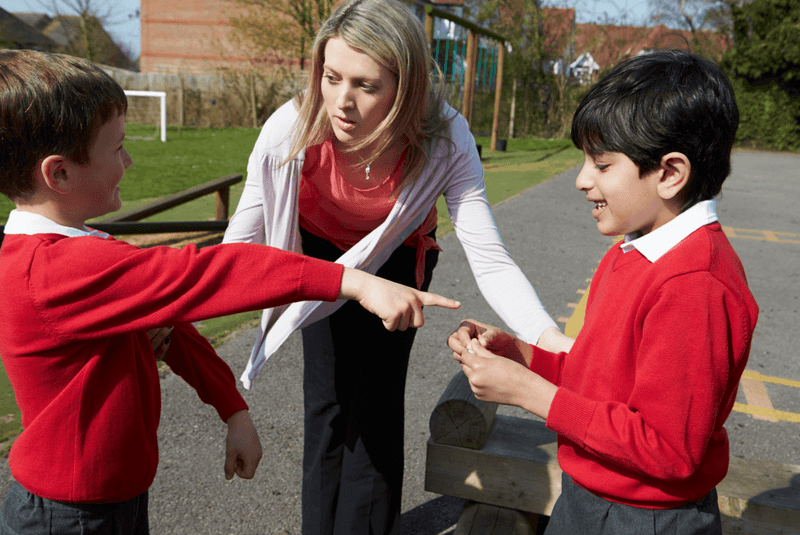
In the past, parents didn’t intervene at every minor conflict—they let kids figure things out on their own. Today, helicopter parenting has led to overprotected kids who struggle with problem-solving. Many parents are stepping back and letting them deal with issues themselves.
This approach helps children develop critical thinking and conflict-resolution skills, preparing them for future challenges and fostering resilience.
13. Encouraging More Face-to-Face Socializing

Before texting and social media, if you wanted to talk to a friend, you had to actually go see them. With today’s concerns about screen addiction, parents are pushing for more in-person hangouts and outdoor activities.
Real conversations and interactions are being emphasized, even if it means making an old-school phone call. This change helps kids develop better social skills and build more meaningful relationships.
14. Bringing Back Bedtime Without Bargaining

Decades ago, bedtime was a non-negotiable event—no last-minute snacks, no “five more minutes,” just lights out. Now, many parents are realizing that consistent bedtimes create healthier sleep habits.
They’re bringing back the strict “Go to bed” approach, emphasizing the importance of routine. This helps children understand the value of sleep and encourages discipline, making bedtime a peaceful, predictable part of the day.
